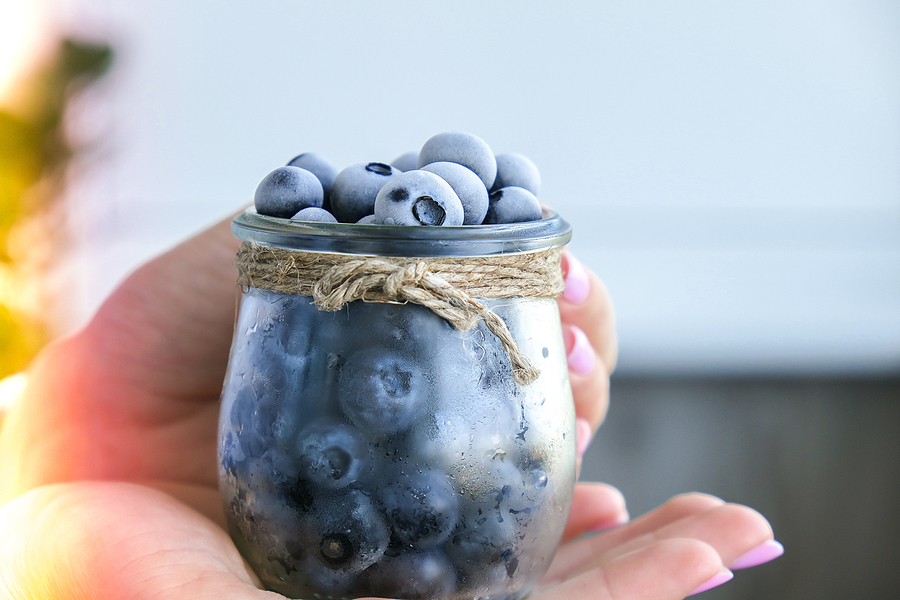Eating is a primitive urge, like sleeping or going to the bathroom. When food sources are abundant, we are hard-wired to eat as much as our body needs to function, survive, and reproduce, but also — more critically — to store against the possibility of famine. Eating is also a source of comfort and pleasure. This too is hard-wired. When we sit and eat, our bodies get the message that — for the moment — it is okay to relax. We are nurturing ourselves. No hard labor or strenuous physical activity can occur at that moment. This is powerful motivation.
Changes in Food Supply and Activity
What has caught us unaware is the degradation and manipulation of our food supply combined with a major decrease in our physical activity. Over-processed food, refined sugar products, preservatives, trans fats, artificial sweeteners, and food substitutes now populate the bulk of our grocery aisles. Our food is transported thousands of miles and must keep for weeks, losing much of its nutritional value in transit. Today, we drive instead of walk, use machines more often than our muscles, and eat out or are on the run more frequently. In addition, we have multi-million dollar industries bent on coercing us to buy and eat a seemingly endless supply of unhealthy food.
Instead of berating ourselves for “cheating” when we eat a food that is not in our best interests, we need to think about the totality of our lifestyle choices with our individual histories and needs (both physical and emotional) in mind.
A Balanced Approach
Let’s face it – Food is good! Eating is fun! It’s no wonder we find it agonizing to deprive ourselves of this most basic and nurturing act. Instead of all the negativity, I’d like to encourage women to rediscover the positive nature of sharing food around the table. It all begins with that magic word -balance.
The best way to jumpstart your metabolic function is to eat well (which includes taking a daily multivitamin), and to eat regularly and often. I just ask that you watch your portion size. And you have a great portion control tool right at hand — your own hand!
- Your thumb = 1 oz
- Your palm = 3–4 oz
- Your closed fist = 1 cup
- Your thumb tip = 1 tsp
- A handful = 1–2 oz of snack food, like nuts
Just as your body needs to be in balance to function well, your meals need balance to provide adequate nutrition. It may be helpful to revise your mental picture of a healthy meal from a pyramid to a square. The square has four compartments: protein, healthy fat, fruits/vegetables, and grains/legumes. Eating three “squares” a day is a good way to think about it. I also want women to have two healthy snacks a day.
Suggested Guidelines for Healthy Eating
These are suggestions based on years of research into healthful eating for hormonal balance. I have found that you can restrict sugar and carbohydrates without depriving your body of necessary nutrients. The basic guidelines are as follows:
- Eat 3 meals a day and 2 or more snacks.
- Eating every 2 hours is a good idea if you are under stress.
- Eat protein at every meal.
- Eat a vegetable or fruit at every meal. In fact, eat as much as you want when it comes to organic greens and vegetables, as long as they aren’t coated with unhealthy fats.
- Include healthy fats in your diet, particularly foods rich in omega-3s and omega-6s.
- Avoid trans fats.
- Target no more than 60 grams of carbohydrates a day (15 per meal and 7 per snack) while your metabolism heals.
- Limit dairy products to 4 servings a day, preferably organic.
- Completely avoid soft drinks (including diet sodas) and juices with high-fructose corn syrup. Limit use of artificial sweeteners.
- Drink 6-10 glasses each day of filtered water, seltzer, or herbal teas.
- Eliminate/taper sugar, sweets and junk food from your diet.
- Eliminate/taper alcohol — the ultimate “sugar buzz.”
- Eliminate “white food” – white sugar, white flour, white cereal.
- Be sure to take a medical-grade nutritional supplement, including a fatty acid supplement. Your hormonal balance depends on a supply of rich nutrients.
MarcellePick.com offers high-quality, pharmaceutical grade supplements to enhance your health. Click here to find out more.
Lifestyle Guidelines
In addition to what you eat, a few positive lifestyle habits can really make a difference in how you feel. We have learned that you have to get healthy before you can lose weight and keep it off. Once you create a health foundation, your body will naturally seek and maintain its ideal weight. Remember that a safe and healthy weight loss is 1-2 lbs per week. Here are the things we know work:
- Shop the outside aisles of the grocery store.
- Buy organic and local whenever possible. Pay attention to chemicals, heavy metals, and bacteria in your environment. Shop at farmer’s markets and specialty food stores that have a wider range of healthy foods.
- Stop weighing yourself. Use your dress size as your gauge.
- Start exercising. A 45-minute walk 4-5 times a week is great.
- Get 8 hours of sleep — no exceptions!
- If you recognize that you have a habit of emotional eating, get some counseling. The underlying emotional issues create other health problems too. And they won’t go away without intervention. For more information, read our article, “How Emotional Experience Determines Your Health.”
- Reduce the stress in your life to the extent you can. Make time for yourself to compensate for when you can’t.
- If you have obvious digestive problems or food sensitivities, consider a hypoallergenic diet or an elimination diet. Discuss getting a bioimpedence analysis from your practitioner.
The above suggestions are a great starting place for all women concerned about their weight and being healthy. But above and beyond the dietary and lifestyle choices you make, I want to encourage you to learn to love and accept yourself. Focus on your health, not your weight. And if you wander from your personal blueprint for health, forgive yourself and step back toward balance. If you can’t do it all, do what you can.







